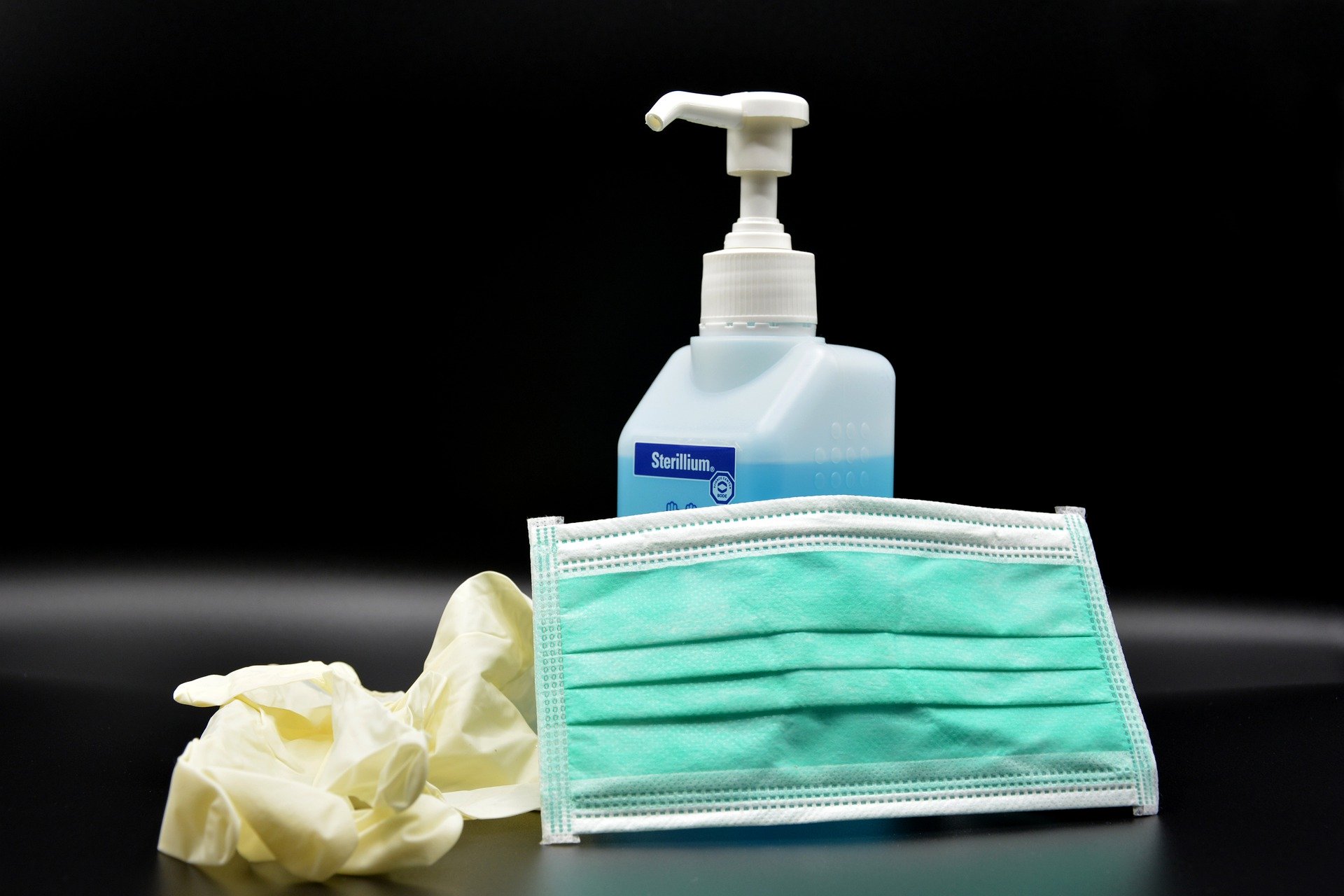I have been getting a lot of questions regarding Covid-19 testing lately. “How is it performed?” “What information will it provide to me as your physician and how will it help you and your family negotiate this difficult time?”
There are two types of Covid-19 testing; The Covid-19 nasal swab, which tests if you are currently infected with Covid-19, and the Covid-19 antibody test, which is a blood test that looks to see if you have been infected with Covid-19 in the past and now have antibodies.
The Covid-19 nasal swab is usually performed on individuals who I or your other health care providers believe to have an active infection with Covid-19. Due to the scarcity of testing kits, we have not been routinely testing for Covid-19 in the office unless there is a concern about complications, or if you are an essential worker. As there is no current treatment for Covid-19, it does not drastically change how we manage your symptoms. It does help you to know how long you should isolate for, should you test positive. As testing centers open up over the next month, I am encouraging those with concerns to get tested. If you are traveling to visit family or friends and would like to get a screening Covid-19 test before your trip, please contact my office to schedule a visit.
The other test available is the Covid-19 antibody test. We currently use the Abbott test, which is estimated to have an accuracy rate of 95% or better. It will tell me if you have developed antibodies to Covid-19. There are two types of antibodies that are produced; The first type is an IgM antibody, which is produced by the body within 2 weeks of infection. The IgM antibody does not give long term immunity and the level of IgM antibodies decreases over time in the blood. The second type of antibody produced is the IgG antibody. This is usually produced 2-8 weeks after infection. The IgG antibody is the most important antibody, as it gives long term immunity. The test results we receive now are not quantitative, but qualitative, meaning they do not tell us the amount of antibodies your body has produced, only whether or not it is present, i.e. a positive or negative result for IgG and IgM. The level of antibodies needed to give a positive result is set somewhat high, as the FDA wants to make sure that when results are reported as positive, they are strongly positive.
So, what does that mean to me as a physician interpreting the results and you as a patient?
If your IgG is negative, there are three scenarios in which this can occur:
- You were never exposed
- You were exposed and have not as yet started to produce IgG antibodies
- You are producing IgG antibodies, but they have not as yet reached the level to be viewed as positive.
If you test positive for IgG antibodies to Covid-19, it means you have been exposed to Covid-19 in the past and do have antibodies. If you are positive does that mean you are immune to Covid-19 infection in the future? We are not really sure, but in looking at our experience with other Coronaviruses it appears that there is long term immunity which is conferred by having antibodies. We can’t be 100% sure so you must continue to be cautious and protect others and yourself by wearing a mask and socially distancing, but bottom-line, having antibodies to Covid-19 is a very good thing.
As you can see, the interpretation of your results is important for both of us, which is why I am discouraging my patients and friends from using drop-in centers or urgent care facilities for testing. These centers and offices can also be filled with patients with active Covid-19 infections who need testing. They’re not the best place to be if you are trying to decrease your chance of contracting the virus. If you are interested in antibody testing or Covid-19 swab testing for travel, please contact my office to arrange an appointment. However, at this time we are not providing antibody testing for children. I now have an active Instagram account, so please follow me for continued updates on Covid-19 and other issues of concern in these challenging times.


